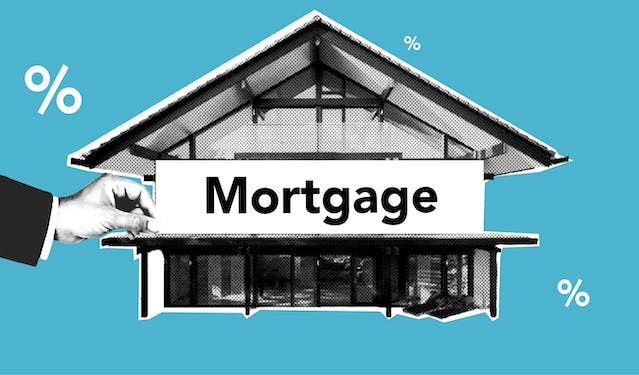
Many individuals look forward to taking out a loan to meet a financial emergency or goal. While financial institutions render various loan options to borrowers, people may get confused between them. Home loans and loans against property are two credit types that most people mix together.
Prospective homebuyers often take out a home loan to buy a new home, plot, or under-construction property. On the other hand, a loan against property allows borrowers to avail of a loan after mortgaging their property. Before applying for the correct loan type for your needs, it is crucial to understand the differences between the two.
What is a home loan?
Borrowers take home loans to fund their property purchases. It is a secured loan type in which the lender keeps the property papers until the borrower repays the borrowed amount and the property loan interest rate in full. Meanwhile, the borrower gets the property’s possession and uses it the way they like. After repayment, the lender formally transfers the property’s ownership to the borrower.
What is a loan against property?
A LAP, or loan against property, is also a secured loan where a borrower pledges the property they already own. Whether they require money for personal or business use, they may pledge their property for the loan amount. Although the borrower may continue using the property, its title deed stays with the lender until they repay the borrowed amount and the interest rate.
Points of Difference Between Home Loans and Loans Against Property:
Here are a few points of difference between the two loan types:
- Interest Rate
The interest rate is one of the most critical factors borrowers consider while looking for a loan. Compared to a property loan interest rate, a loan against a property has a higher interest rate. Therefore, a home loan turns out to be cheaper than a loan against property.
- Loan Amount
Lenders consider the borrower’s age, income, employment, and credit score while approving home loan applications. However, the amount of a loan against a property depends on the pledged property’s value. The loan-to-value is often higher with a home loan than with a loan against property. A mortgage loan calculator is an excellent tool that helps calculate the loan amount one is eligible for.
- Usage
The end-use purpose of a home loan is to buy a ready-made house, plot, or under-construction property. On the other hand, the borrower may use a loan against property to cover any expense they want, be it a wedding, medical emergency, business growth, or debt consolidation. There may be various reasons to take out a loan against property.
- Tenure
Both home loans and loans against property are long-term loans due to their high value. However, home loan tenure is often much longer. A home loan tenure may be as long as 30 years, but a borrower has to repay a loan against property in a maximum of 15 years.
- Documentation Requirements
Home loan documentation requirements are much simpler than a loan against property. The borrowers choose the property they want to buy and apply for a loan amount according to their needs. However, when they apply for a loan against a property, the lender needs to thoroughly check the property, evaluate its details, confirm its ownership, and then approve a loan application. Consequently, the documentation requirements and time taken to approve a loan against a property are much longer than for a home loan. However, borrowers may now use a mortgage loan calculator to calculate the loan amount they may apply for.
Must Read: What is a Loan Against Property, and How Much Can I Get?
Home loans and loans against property are entirely different from each other based on the factors mentioned above. Since both have different purposes, the decision to choose between the two depends on the borrower’s funding requirements. Therefore, evaluate your needs and apply for the right loan type to cover your expenses.






